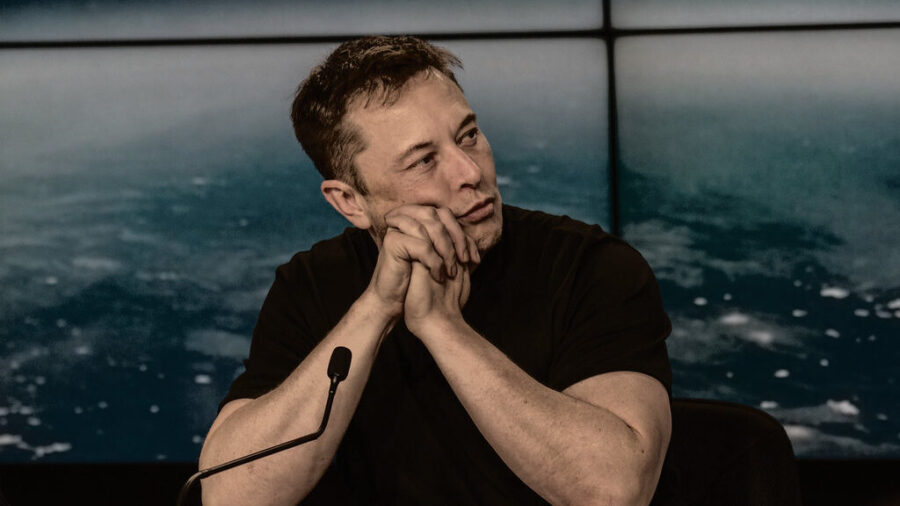Elon Musk’s Brainchip Company Is In Major Trouble
It looks like an Elon Musk company, one that is developing brain chips, is in major trouble after another key person leaves
This article is more than 2 years old

Elon Musk is about as controversial as a major tech founder could be and he’s made significant waves over the years, especially in the short term. Some of his deals haven’t gone as expected, Tesla stock is down and the reported richest man in the world is dealing with issues on a number of different fronts. Well, it looks like another of his companies is facing some upheaval and turmoil as well with the news that Neuralink has seen another one of its co-founders leave the company. Reuters (via Futurism) is reporting that Paul Merolla has exited the company and that would make six of the eight original founders leaving and two of the core three who first began the venture.
It is not totally clear why Morella left Neuralink though it does mark more upheaval for the controversial startup. Apparently, Morella’s core expertise was in chip design. Of the original three Neuralink founders, Elon Musk, Max Hodak, and Paul Morella, only Musk remains with the company. And of the eight co-founders, it’s only Musk and Dongjin Seo. While not rare for companies to face turnover in their top ranks in the years after founding, this does seem like considerable change for a company that’s yet to bring anything to market in the six years since they first began.
And according to Futurism, Elon Musk and Neuralink might face competition from one of those former founders. Hodak has apparently gone on to found his own brain chip and neurotech startup called Science Corp which is seen as now a direct rival of Musk and Neuralink. Plus, Hodak apparently invested in Synchron which is seen as a direct competitor as well. Strange times indeed within this niche of the tech startup space, a place that is still very much in the beginning stages of growth.
Neuralink is a company working to create technology that would allow humans to implant chips inside their brains that will “help” a variety of functions. Called implantable brain-machine interfaces or BMIs, these were originally being developed to help humans suffering from brain diseases or who had lost functioning in certain parts of the brain. But it appears the ultimate goal is for transhuman-like qualities that will meld human brains with computer functions, thereby enhancing functioning all around.
While there have been no human tests as of yet for the Neuralink technology, Elon Musk and company had released a video last year of how their technology had been implanted in a monkey’s brain. For this trial, Neurlink was showing how the monkey could play a video game (Pong) using only its brain with the interface picking up the signals that showed where the monkey wanted to move the controller. It was a fascinating look at what could be coming from Neuralink and similar groups in the future.
It’s unclear if these departures and possible turmoil within Neuralink will have any long-term effect on their plans for installing brain chips. But it certainly doesn’t seem like a great sign that so many of Elon Musk’s original partners in the venture have jumped ship so early.












